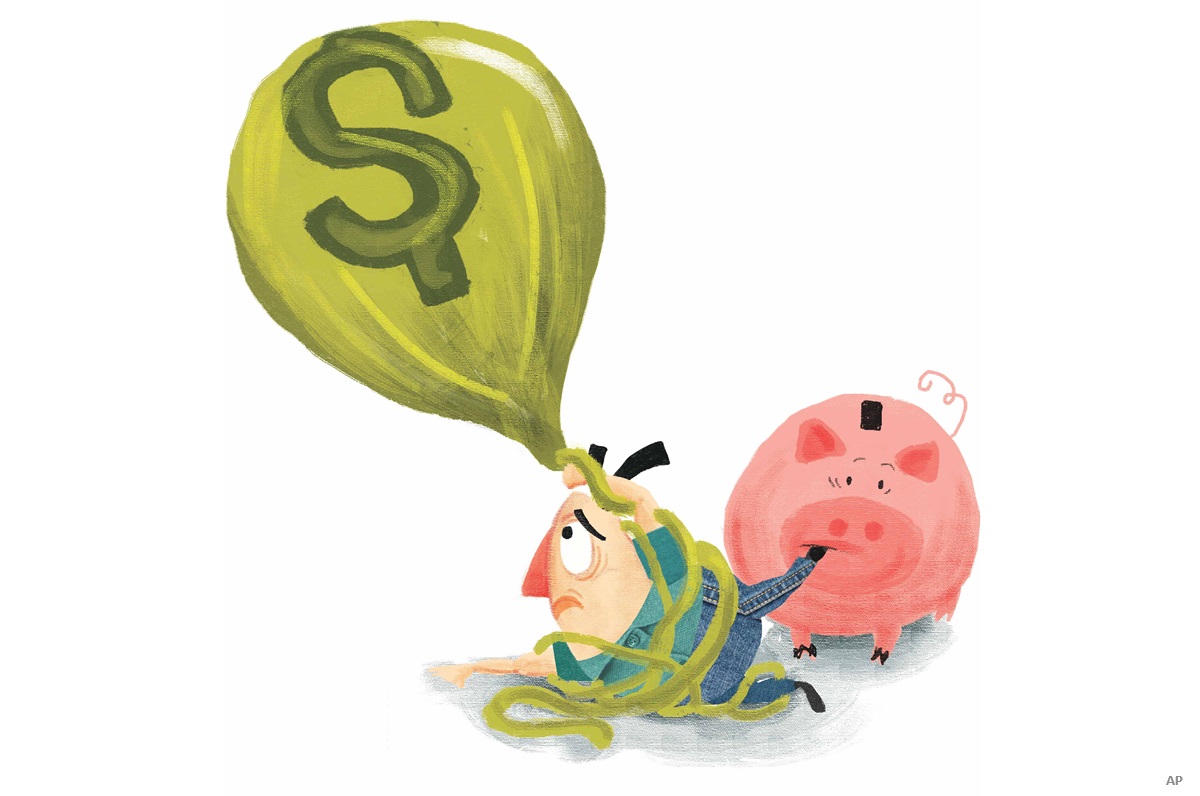
Even as markets turned volatile in mid-August, RBC’s Sarah Riopelle maintained a steady course for a suite of four target date education funds. By cutting through the noise and focusing on her long-term strategy, she was able achieve double-digit returns in uncertain times by avoiding an over-reaction to near term market events.
“Short-term market movements do not prompt us to make any changes to the portfolios,” says Riopelle, vice-president and senior portfolio manager, investment solutions at Toronto-based RBC Global Asset Management Inc., “The target education funds are based on a ‘glide-path’, so they don’t have a tactical overlay to them.” Target-date funds follow a “glide-path” which adheres to a gradually changing asset allocation – typically becoming increasingly conservative - until the fund reaches its target date.
As we enter the school year next month, parents are relying on products such as the three-star RBC Target 2020 Education Fund to help meet the challenge of financing post-secondary education for their children. RBC has pursued this market niche since 1998 when it introduced the RBC Global Education Fund – the same year Riopelle joined RBC.
Heralding from Goose Bay, Labrador, Riopelle’s amassed 23 years of experience in the industry on top of her education at the University of Ottawa where she graduated with a Bachelor of Commerce, majoring in finance and international management. Riopelle now oversees many products within the RBC Portfolio Solutions business that are worth $130 billion in aggregate (including some of Canada’s largest funds, such as the $36.1 billion RBC Select Balanced Portfolio). In total, the target education funds have $3.3 billion in assets.
Keeping an eye on the horizon
When it comes to the target date education funds, Riopelle relies on an optimization process that was developed by the Investment Policy team at RBC and which generates an asset mix that becomes more conservative as it approaches the target education start date in order to preserve the assets that have accumulated. This process aims for the best blend of asset classes based on the student’s time horizon, which means different mixes for funds targeting 2020 and 2035 start dates.
“Because there is a 16-year time horizon for the 2035 fund, we can take on more equities in the early years because there is more time to make up for any short-falls in the equity market. You can accept more risk when you have a long time horizon. But when you have a very short time-horizon, such as with the 2020 fund, you cannot take on as much risk and have to invest almost entirely in short-term fixed income instruments. You will need the money for your children’s education next year and there’s no time to tolerate the risks in equity markets,” says Riopelle, who works closely with two analysts, David Fallico and Gobi Kandiah, as well as the portfolio managers and analysts of the underlying RBC funds within the suite of funds.
Riopelle says the firm is “cautiously optimistic” in its outlook for markets. “We are seeing slowing global growth. It’s still positive growth. The near-term macro-economic backdrop has a number of challenges with tensions around trade, Brexit, and a lot of geo-political concerns. We look at it from different perspectives. The bull case says the economy can manage a soft-landing and avoid a recession. That means corporate earnings can resume their upward trend, and that’s positive for risk assets like equities,” says Riopelle.
Probability of recession on the rise
“But the bear case is that we enter a recession in the next 12 months. The probability of that has been increasing over the last few months. It’s a balancing act between the near-term risks, and the long-term horizon. But over the medium to long term-term we believe equities can outperform bonds,” says Riopelle.
From a performance standpoint, the $113 million RBC Target 2035 Education Fund F, which was launched in Aug. 2017, returned 10.85% for the year-to-date (as of Aug. 19), versus 11.84% for the 2035 Target Date Portfolio category. In 2018, it returned -4.07%, compared to -4.04% for the category.
The $982.4 million five-star RBC Target 2030 Education Fund F, launched in July 2016, has returned 10.37% year-to-date, versus 10.75% for the category average. In 2018, it returned -3.22%, versus -3.03% for the category.
Providers choose different glidepaths
RBC is not alone in providing these products as it is competing against firms such as BMO Investment Management Inc., which offers the three-star BMO Target Education 2035 Portfolio, and Fidelity Canada ULC, which provides the five-star ClearPath 2035 Portfolio. Yet Riopelle cautions that because each firm builds the glide-path in different ways, it is difficult to compare one set of funds against another.
“Looking at peer groups for these types of products can be challenging because of the different approaches to portfolio construction,” says Riopelle. “For example, the average equity allocation for the 2030 target date category is 35%. Whereas the RBC Target Education 2030 Fund has an equity allocation of 58%. That’s a significant gap between the category average and our fund. We could be in the first quartile in a bull market, and the fourth quartile in a bear market. So, we don’t focus on comparing our funds to the peer group because of those discrepancies. We tend to look at them against our internal benchmarks.”
Riopelle, who has invested in the funds for her two children, argues that investors should focus on the long-term nature of their investments which have to be in place many years down the road. “At the beginning of the journey, it’s best to focus on building a long-term investment plan that will get you the results you need so that you will have the money available to pay for your children’s university expenses,” says Riopelle. “When we get into periods of market volatility, it’s very challenging to navigate. We certainly pay close attention to what’s going on in the markets. But we also try to keep our clients focused on their long-term investment objectives. They are not invested for the next few weeks, but next few years.”






















